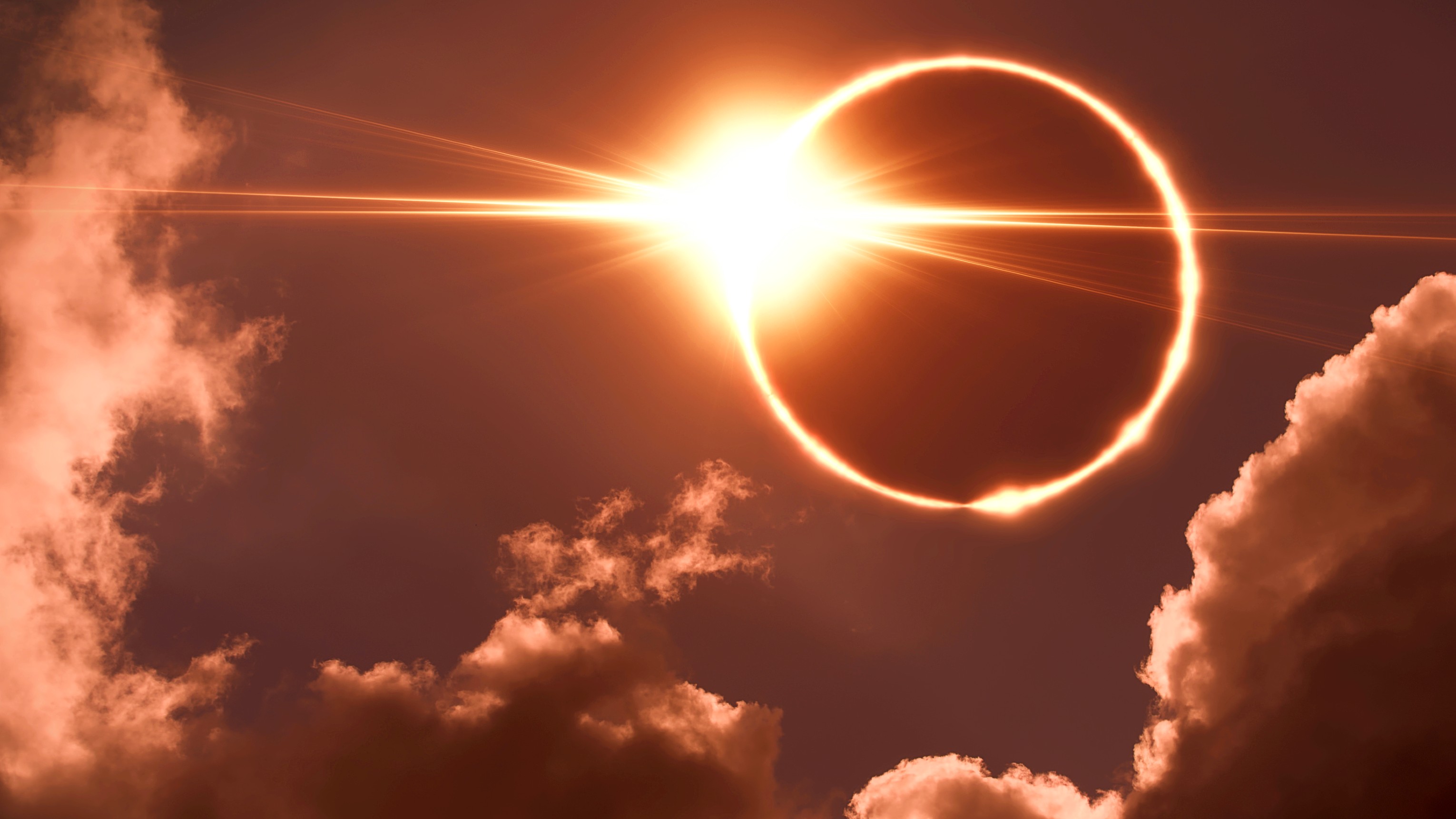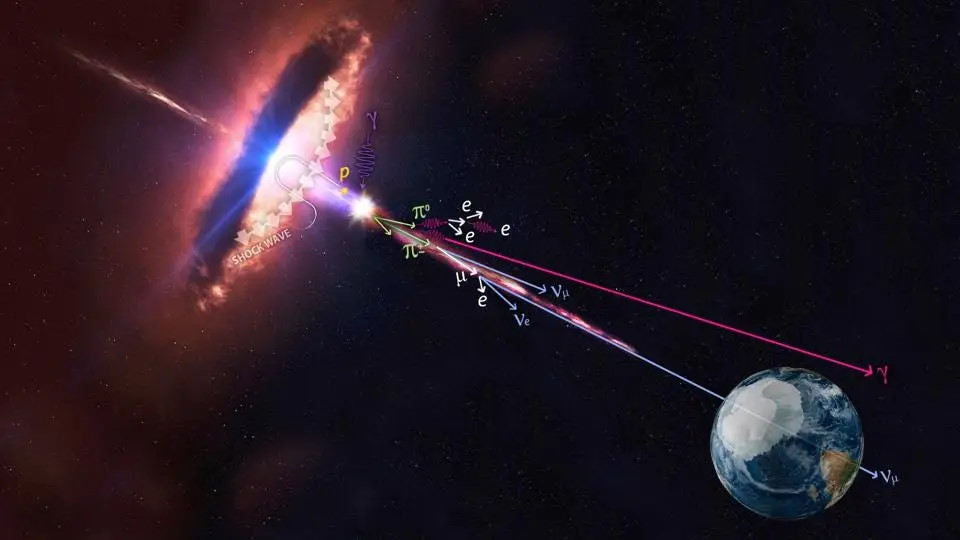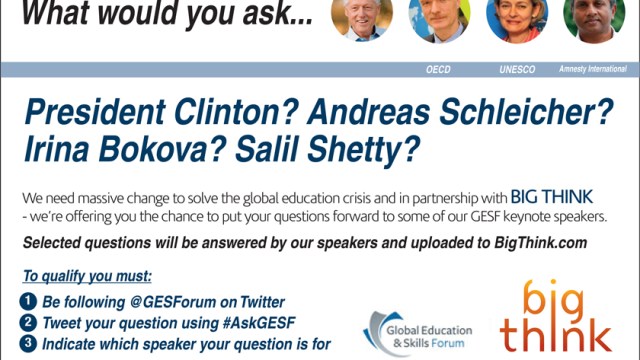“Lord of the Flies,” Still Haunting at 60

By BRUCE PEABODY, guest blogger
While recent “big data” analysis tells us that being a great writer is a more effective way to achieve fame than becoming an actor or a scientist, here’s a dirty little secret: most books wind up on the remainder tables. Quickly. Few are printed, read, and dissected years—never mind decades—after they are written. And fewer still become cultural touchstones, immediately identifiable as a symbol of particular problems of the human condition.
Lord of the Flies is an exception. It has inspired countless high school writing assignments (if not always inspiring the students completing them), a dark tide of dystopian and apocalyptic fiction, and even a memorable episode of The Simpsons. On the 60th anniversary of its publication, Lord of the Flies continues to be a valuable literary and cultural reference point and, more surprisingly, an instructive manual about contemporary political life—and its liabilities.
At first glance, suggesting that William Golding’s novel remains a pertinent, even prescient, political handbook might strike you as unrealistic or naïve. From its early passages, Lord of the Flies has a dreamlike and allegorical quality that does not appear to mesh with the concrete and prosaic demands of the political world. Golding’s marooned British schoolboys seem more at home in a biblical Eden than, say, Tammany Hall.
But at many turns, Flies reminds us about what is defining or central in politics, and, in turn, why politics is a core human endeavor. For example, in the first chapter, the children organize a meeting, select a “chief,” dispatch a reconnaissance expedition, and identify essential tasks (“We’ll get food…Hunt. Catch things…”). These diverse activities are encompassed by one of the most famous definitions of politics: “the process by which it is determined who gets what, when and how.” In our own political universe, this covers everything from ongoing debates about Obamacare to the administration’s proposed federal budget.
As Lord of the Flies unfolds, the boys’ attention shifts from “who gets what” to a perceived menace—a “beast” that purportedly threatens their existence. While the children imagine the creature in various ghastly forms, the true danger, is, unsurprisingly, the boys themselves. As the prophetic Simon posits, “maybe there is a beast…[but] maybe it’s only us.”
This idea, too, captures a (less familiar and more controversial) understanding about the special province of the state: “the political” is defined by our capacity to distinguish enemies from friends.
In other words, politics is often about fear. In Flies, anxiety about the beast is ultimately fueled and funneled by the emergent leader, Jack. He initially dismisses the monster: “of course…[there] isn’t a snake-thing.” But Jack quickly changes his tune as he grasps that the creature’s shadowy presence bolsters his authority. As he puts it, “if there was a snake we’d hunt it and kill it…Am I a hunter or am I not?”).
So it is on the island, and so it is on our own soil. We have a long tradition of orienting our politics around dread. This arc of fear extends from our first party system to the Anti-Mason movement, to the Red Scares of the 20s and 50s, the War on Terror, and more recent conspiracy theories.
In offering bleak visions of oppressive or failed states, dystopian and apocalyptic fiction is inherently political. But Lord of the Flies differs from many of its literary peers in reserving its most trenchant criticism for liberal democracies. In this way, the novel is especially interesting: criticizing totalitarian states, like Big Brother’s 1984 or Huxley’s Brave New World is the ideological equivalent of shooting fish in a barrel. It is a far more delicate operation to expose weaknesses that are the byproducts of principles we cherish.
Golding points to three forms of political dysfunction that spring from our democratic and liberal values.
The first idea, echoing Plato’s famous critique, is that our openness to popular governance leaves us susceptible to dubious, even preposterous claims to rule. Consider the indignation of Jack, who insists he “ought to be chief… because I’m chapter chorister and head boy. I can sing C sharp.” Even Ralph, a clearly superior leader, is chosen without “good reason.” The best that Golding can say is he possesses “stillness…size and attractive appearance.” Recent research corroborates our suspicion that good looks rather than good policy drive many ballot decisions.
A second and related problem the novel reveals is our tendency to give voters what they want rather than making the proverbial hard but necessary choices. Ralph steadfastly insists that maintaining the fire as a rescue beacon is “the most important thing on the island.” But this priority is ultimately trumped by Jack and his promise to “hunt and have feasts and have fun.” Any number of our own political problems (the future of entitlements, our prospects of diminishing the national debt, environmental degradation) can be at least partly ascribed to officials’ unwillingness to upset today’s electorate.
Finally, Golding raises a third issue that has made a special appearance in our 21st century political order. Democracies’ commendable celebration of difference and egalitarianism can sometimes play havoc in the public policy arena, especially when competing arguments about “the good” include contested claims about the facts and data undergirding these debates.
In Flies, this plays out in tragic-comic fashion, when the assembly of boys put the status of “ghosts” to a vote. When the thoughtful Piggy objects that such entities are beyond the scope of reason and science, he is resisted. As one youth puts it: “Piggy says…life’s scientific, but we don’t know, do we?” This skepticism mirrors the tone in many of today’s public conversations, in such areas as climate change and evolution.
At the end of Lord of the Flies Ralph, hunted by Jack and his murderous followers, weeps for the “end of innocence, the darkness of man’s heart.”
Such a grim assessment of the human condition might seem hopeless—where do we go from there? But Golding indicated, more expansively, that the “theme of the book is an attempt to trace the defect of society back to the defect of human nature.” And in this agenda we have an invitation not to despair, but to puzzle over a pressing and unavoidable question, a question as old as politics: How does an inventive but fallible species organize itself to survive not just the exigencies of the moment but the inevitable demands of tomorrow? Lord of the Flies uncomfortably reminds us that, when it comes to political planning, the future is now.

Bruce Peabody is a Professor of Political Science at Fairleigh Dickinson University in Madison, New Jersey. He has written about the intersection of popular culture and political theory in venues like The Good Men Project, Magazine Americana, and Gadfly. He is currently writing a book about American heroism.





